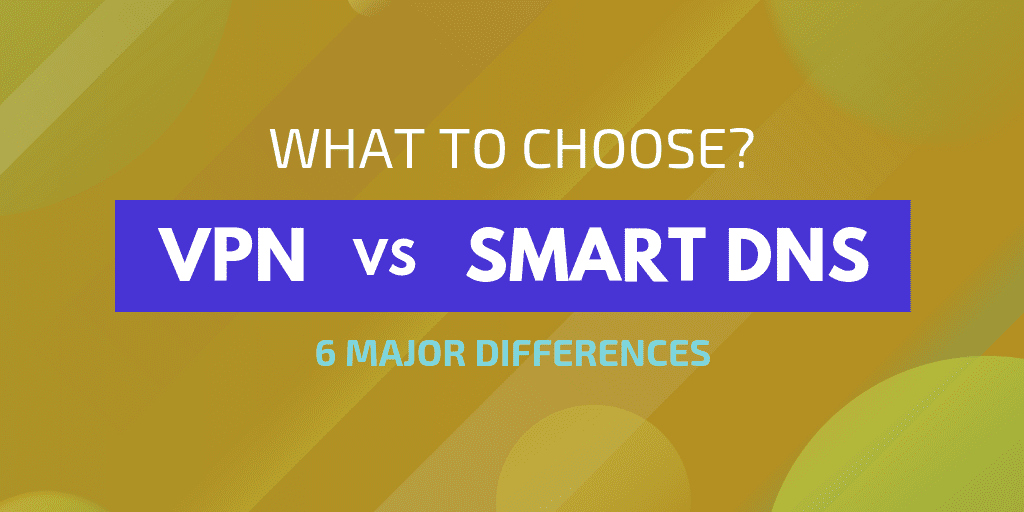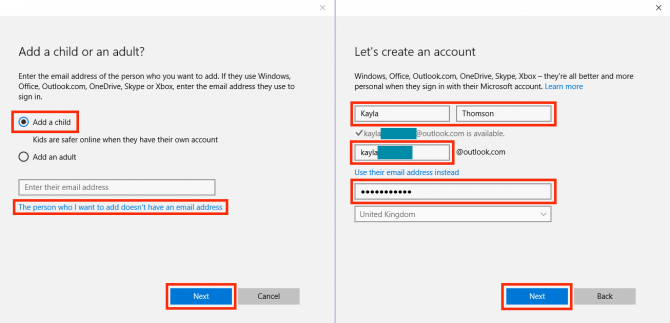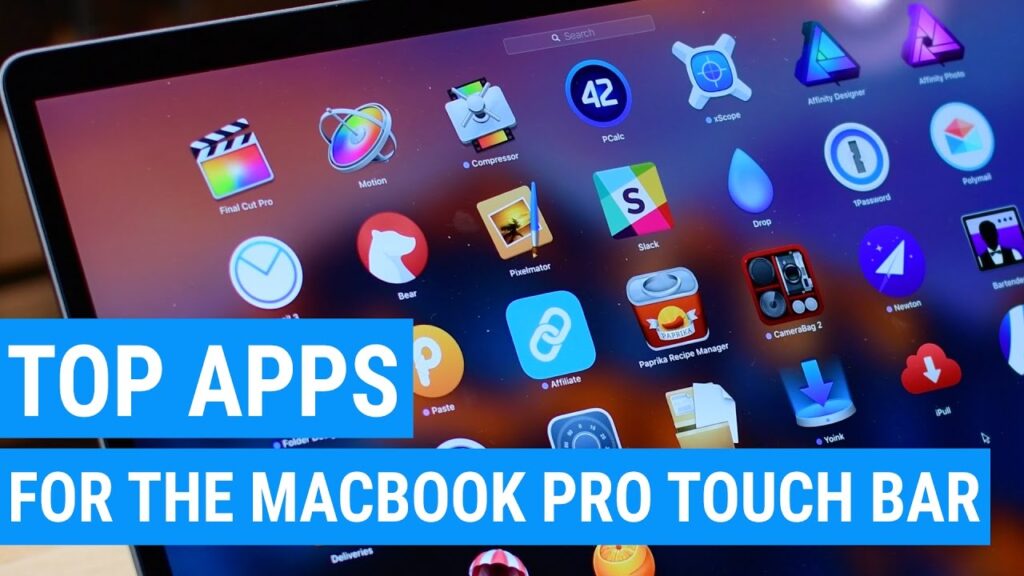
Securing your online anonymity and circumventing regional content restrictions are increasingly sought-after objectives in today’s swiftly accessible yet perilous online landscape. A multitude of services cater to these needs, with VPNs, Smart DNS, and Proxies emerging as primary options. But what sets them apart? How do they function? And which should you select? If you’re pondering any (or all) of these queries, delve into understanding the disparities among VPNs, proxies, and Smart DNS:
Defining VPN, Smart DNS, and Proxy
- A VPN, or Virtual Private Network, creates a private network accessible over the Internet. It enables users to communicate as if directly connected to the private network, even when using the Internet. VPNs are widely used by companies to facilitate remote employee access and provide secure, encrypted Internet connectivity.
- Smart DNS, unlike VPNs, redirects users to a proxy server, forwarding only specific traffic. All other traffic flows through the Internet as usual, bypassing Smart DNS, VPN, or Proxy servers. Smart DNS servers primarily enable access to online streaming sites with country-specific restrictions by tricking these sites into recognizing eligible locations.
- A Proxy server maintains anonymity over a network. Every web request is forwarded to the Proxy server, which transmits it to the intended server, making the recipient server think that the Proxy server sent the original request, thus keeping the user anonymous. When the server responds to the Proxy, it sends the response back to the user.
Differences Between VPN, Smart DNS, and Proxy
VPN vs Smart DNS
- A VPN sends all your internet traffic through a tunnel to mask your IP Address, while Smart DNS usually only routes traffic related to determining your geographical location.
- VPN provides encryption and hides your IP address, while Smart DNS does not.
- VPN uses a tunnel to appear as if you’re accessing the Internet from a different location, whereas Smart DNS changes your DNS to fool websites into thinking you’re accessing them from an eligible location.
- Smart DNS is often faster than VPN because it doesn’t route your data through a distant server.
VPN vs Proxy
- A Proxy functions as a man-in-the-middle. Your computer sends data to the Proxy, which then forwards it to the Internet, acting as the source of the request. VPN, in contrast, operates at the system level, capturing all network traffic and routing it through the VPN tunnel.
- Proxies hide your IP address without providing encryption. VPN, however, encrypts your Internet traffic before communicating with the Internet.
- Proxies don’t encrypt data; they only change the IP address shown to websites. This makes it easy for someone to snoop on your data and find out your real identity. Most Proxies don’t strip any identifying data from your network, except for changing the IP address. In contrast, a VPN encrypts traffic from your computer, making it very secure and preventing snooping. If you’re using a good VPN, not even your ISP can see your traffic, unlike with a Proxy.
- Proxies don’t encrypt data, resulting in minimal overhead and latency. Conversely, VPNs incur significant overhead due to data encryption, leading to increased latency—a trade-off for reliability.
Smart DNS vs Proxy
Although they may seem similar at first glance, Smart DNS and Proxy services differ significantly. Here are key distinctions:
- A Proxy conceals your IP and substitutes it with its own, obscuring the user’s identity from websites. Smart DNS, however, simply fools websites into believing the user is accessing data from an eligible location.
- Smart DNS unblocks major websites from multiple countries simultaneously without requiring IP address changes. In contrast, a Proxy only unblocks access to one country at a time.
- Smart DNS also boasts faster speeds than a Proxy. This is because Smart DNS selectively conceals location-based traffic, enabling the remainder to flow freely.
Choosing Between VPN, Smart DNS, or Proxy
By now, you’ve likely grasped the nuances distinguishing these three services. However, they remain markedly similar, leaving the decision of which to utilize entirely in your hands. So, how do you determine which of these three options to employ and when? Well, consider the following common use cases for each:
Advantages of Using a Proxy
A Proxy is the least secure method. It only hides your IP and can’t protect you from being identified by snoops on the network. Proxies are useful when you need to make the website treat your computer as a different system. For instance, in games where you earn points for rating the game server on a website, you can use a Proxy to appear as a different computer each time. This easily fools websites with restrictions on the number of ratings you can post daily.
Proxies should only be used for tasks where no security is needed. It’s not recommended to use a Proxy for anonymity while accessing the Internet from a coffee shop.
Why You Should Use Smart DNS

Smart DNS is the best option to access geo-restricted websites at optimal speeds. You can use Smart DNS to access popular online streaming websites not available in your country. Additionally, if you need to access multiple websites restricted to different countries, Smart DNS can unblock access to multiple countries simultaneously.
Smart DNS tricks websites into believing you’re accessing from an eligible location. However, it lacks encryption and isn’t recommended for secure internet connections.
Advantages of VPN Usage
VPN is the most processor-intensive and bandwidth-heavy option, yet it’s the most secure. With a VPN from a reliable provider, your internet traffic remains private. Even your ISP can’t monitor your activity. This high security is VPN’s primary advantage. Therefore, utilize VPN services for utmost security during browsing, especially on public WiFi networks like those in coffee shops or hotels.
A VPN bypasses most website restrictions, whether from developers or your government. It allows you to freely access the Internet without worrying about ISP, government, or man-in-the-middle spying. Snoopers only see encrypted data.
Top VPN, Smart DNS, and Proxy Services
The challenge with VPN, Proxy, and Smart DNS is finding a reliable provider among many. Here are some top services:
VPN Services
- TunnelBear stands out as one of the best VPN services, featuring a generous free tier offering 500 MB of data monthly, expandable by engaging with their Twitter account. The service is competitively priced, making it a compelling option.
- ExpressVPN also ranks among top VPN services, offering unlimited data across all plans and backed by a 30-day money-back guarantee, ensuring risk-free exploration.
Download ExpressVPN (Plans start at $8.32 per month); (Compatible with Android, iOS, Windows, and macOS)
Smart DNS Services
- Smart DNS Proxy is an excellent choice for accessing geo-restricted content. They offer competitively priced plans and support over 300 websites and services, with a trial option available for testing.
- CactusVPN also provides Smart DNS services, offering a 7-day trial period with access to all premium features. After the trial, payment is required to continue using their service.
Explore the CactusVPN website (7-day free trial, $4.99 per month); (Compatible with Android, iOS, Windows, and macOS)
Proxy Services
Many websites offer Proxy servers to access restricted content in your region. Consider 4everproxy or dontfilterus.
Access Internet Freely: VPN, Smart DNS, or Proxy
Choose between VPN, Smart DNS, or Proxy based on your needs. VPNs encrypt your traffic, ensuring privacy. For faster streaming, opt for Smart DNS. Select the service that suits your needs.
Share your opinions on VPNs, Smart DNS, and Proxy, along with your favorite providers, in the comments.

Pritam Chopra is a seasoned IT professional and a passionate blogger hailing from the dynamic realm of technology. With an insatiable curiosity for all things tech-related, Pritam has dedicated himself to exploring and unraveling the intricacies of the digital world.



